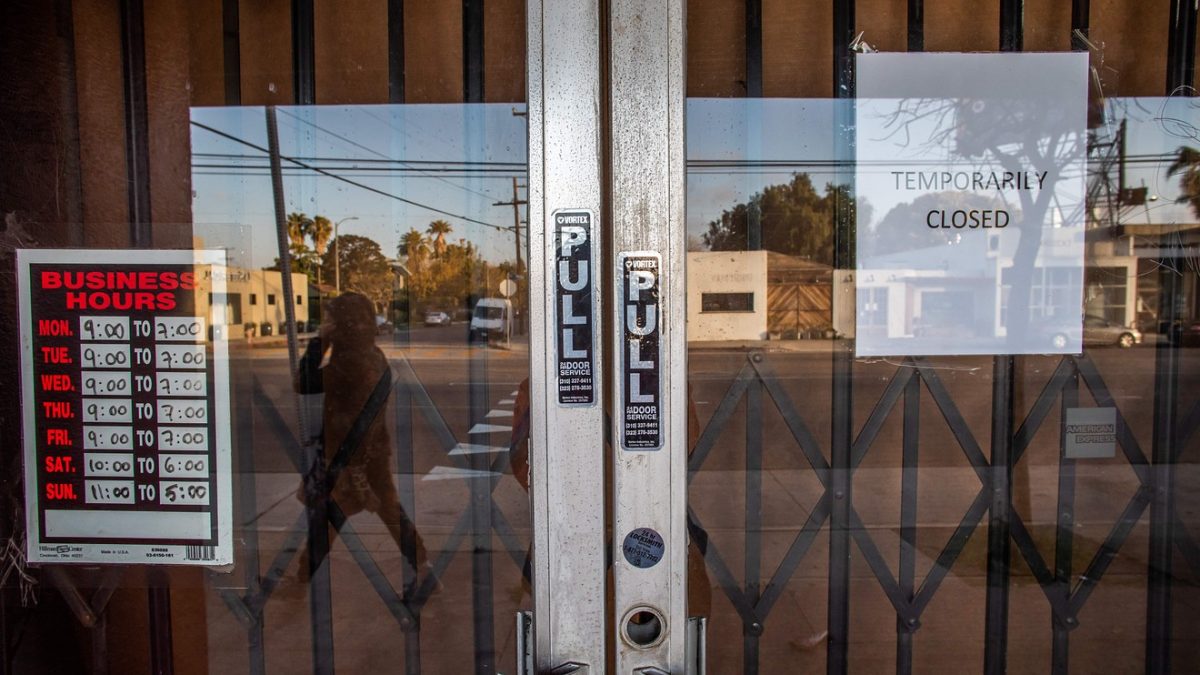Oil prices rise further

Published: April 3, 2020 at 7:29 a.m. ET, By William Watts
Stock-index futures pointed to a lower start for equities on Friday as investors await a March employment report that’s expected to show a large drop in payrolls but not fully capture the scale of job losses caused by the COVID-19 pandemic.
What are major indexes doing?
Futures on the Dow Jones Industrial Average fell 233 points, or 1.1%, to 21,040, while S&P 500 futures declined 26.65 points, or 1.1%, to 2,489.75. Nasdaq-100 futures lost 79.25 points 7,548, also down 1.1%.
The Dow DJIA Thursday closed up 469.93 points, or 2.2%, at 21,413.44, in choppy trading. The S&P 500 ended 56.40 points, or 2.28%, higher at 2,526.90, while the Nasdaq Composite Index gained 126.73 points, or 1.72%, to close at 7,487.31.
What’s driving the market?
The March jobs report is due at 8:30 a.m. Eastern Tiime.
“The March reading is unlikely to catch the full extent of job losses due to COVID-19 so the market may take the data with a grain of salt, but if the number is less than 200,000 it could provide some room for a relief rally,” said Boris Schlossberg, managing director of BK Asset Management, in a note.
“On the other hand, a truly gargantuan print of -500,000 job losses or more could drive risk assets sharply lower as the day proceeds with both S&P and Nasdaq falling 5% or more,” he said.
See: Why Friday’s job report won’t tell the full story of an economy in crisis
The figures were collected in the first half of the month before the coronavirus outbreak fully captured the public’s attention and triggered lockdowns that have brought economic activity to a near standstill. Analysts surveyed by MarketWatch estimated March payrolls would come in anywhere between a rise of 100,000 and a fall of 700,000, with a consensus forecast for a drop of 84,000.
Stocks on Thursday shook off more timely weekly data on jobless claims, which showed the number of first-time applications soared by a previously unthinkable 6.6 million.
Oil futures rose further overnight with Saudi Arabia, Russia and other major producers set to debate production cuts of at least 6 million barrels a day on Monday, The Wall Street Journal reported. Oil surged around 25% on Thursday, lifting shares of beaten-down energy companies after President Donald Trump said Saudi Arabia and Russia were set to curb production, ending a devastating price war that sent the U.S. crude benchmark to an 18-year low as oil dropped by more than 60% in the first quarter.
The IHS Markit U.S. services purchasing managers index for March is due at 9:45 a.m. Eastern, with the Institute for Supply Management’s nonmanufacturing index set for release at 10 a.m. Eastern.
In Europe Friday the IHS Markit Composite Purchasing Managers’ Index fell from 51.6 in February to 29.7 in March, the lowest level since the survey started in 1998, meaning euro-zone GDP could already be falling at an annualised rate of nearly 10%.
Source: www.marketwatch.com